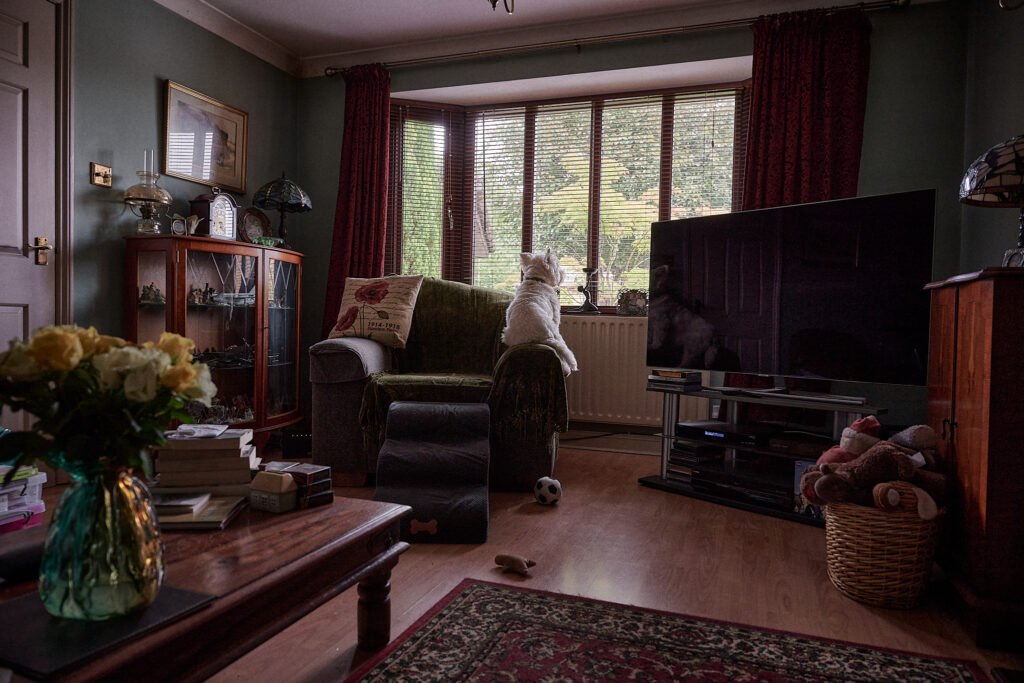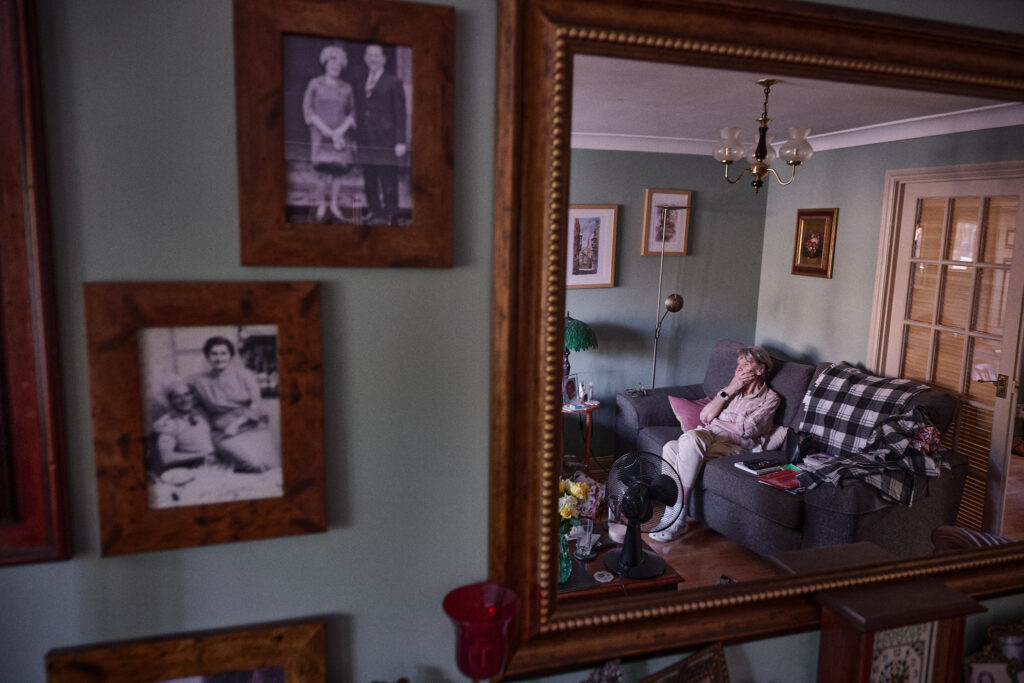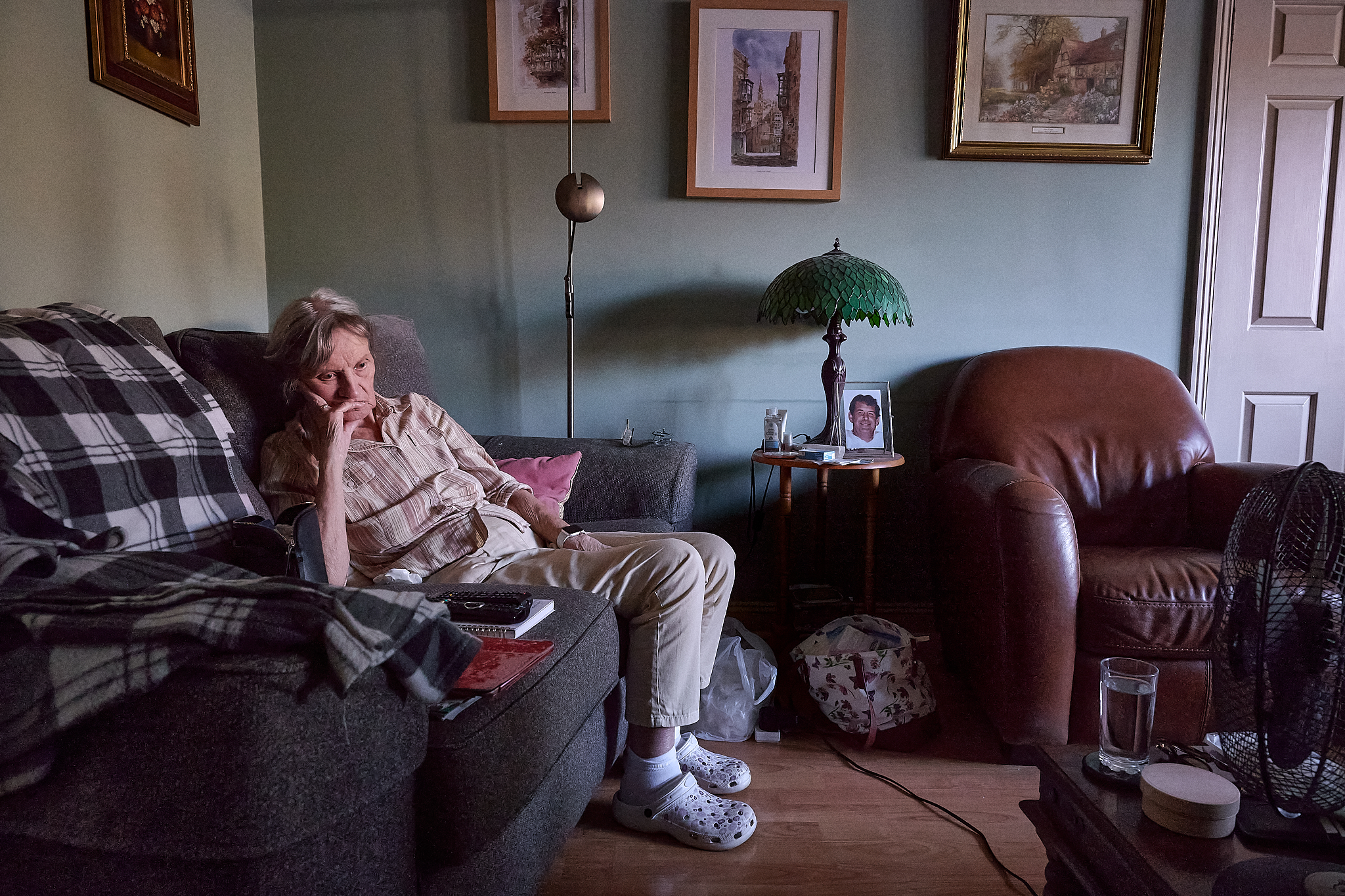I visited my grandmother last week. Not out of love, but to appease my father. The old widow has never truly seen me, and I have never loved her. Any show of affection I offer is for appearances alone.
When I arrived, she sat motionless on her grey sofa, exactly as she had when I visited as a child. Fresh out of Oxford hospital after a bout of pneumonia, she stared at the television — Sky News, I think — letting it feed the same state-approved anxieties that have shaped her entire life. We had not spoken in years, yet her first words were about the destructive nature of mass immigration to the UK.

Still, I am glad I went. It was a chance to see, in the flesh, the endpoint of a life spent “right”. A life of loyal service to the state. She is proud of it. The walls testify to her devotion: military portraits of cousins, and even of me – before I woke up – arranged neatly beside my late grandfather’s armchair. An ex-working-class nurse who praises Margaret Thatcher without irony, she remains a devoted serf to the symbols of power that defined her era.
I brought my camera, intending to make portraits and record messages for her four children, to be played after her death. But it felt too strange for her. Too “artsy.” Nothing but emotional fluff. Instead, I made photographs quietly.

This is my dying, lonely grandmother. She raised four children, and to my knowledge, never read a single book. She was cold and emotionally absent, and in turn, raised my father the same way. The smiling photographs on her walls mask the cycle of generational trauma. She loved the Queen, adored the Conservative Party, and had no style, no soul. She followed her predetermined path without question. She lived, and will now die, nothing but a mere function of the state apparatus.
Goodbye, Grandmother.

